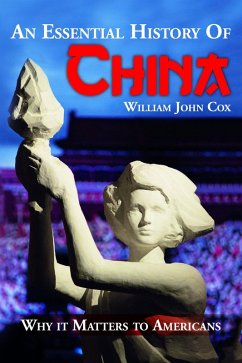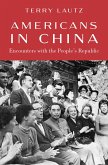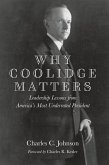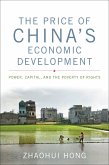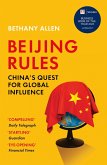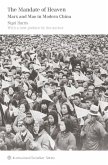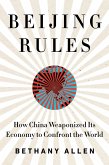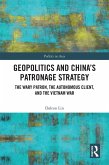An Essential History of China: Why it Matters to Americans is exactly what the title says. In 150 pages, it reviews the ancient and dynastic history of China to provide a perspective about the depth and accomplishments of China in human history. The book documents the humiliation of China by the Western corporate powers in the Nineteenth Century and the immense suffering of its people during World War II. It recounts the rise of the Communist Dynasty and the deaths of 70 million Chinese people during the murderous, dysfunctional rule of Mao Zedong, before reviewing the reigns of the paramount leaders who have succeeded him. The book examines the relationship between the United States and China and compares their political and economic systems. Finally, it derives some practical political policy conclusions about what can be done to reduce military conflict in the Pacific region and to provide a happier and safer future for those who live there. China, with a population of 1.4 billion people, almost half of whom live in dire poverty, and all of whom live under the dictatorship of the Chinese Communist Party, is a powder keg waiting for a spark to explode. Ignition could come from its having the greatest gap between the rich and poor of all producing nations, or from its people having to live with some of the worst water and air pollution on Earth, but most likely the flare-up will come from the denial of fundamental human rights for the vast majority of its people, including the right to vote on the conditions that affect them. The Chinese people are no longer cut off from the rest of the world; they are becoming more knowledgeable about how others live, and they want what others have. With the largest military on Earth and a purchasing budget second only to the United States, China is on a buying spree for the latest in military weaponry. Much of its buildup is being supplied by U.S. allies, as everyone is rushing to do business with the world's economic powerhouse. China already has ballistic missiles, nuclear weapons, atomic submarines, spy satellites and satellite killer weapons, and it executes the most sophisticated and technologically advanced electronic warfare capability in cyberspace. China is a force to be reckoned with―it not only has a powerful military, but it presently holds $1.2 trillion in American debt, more than any other nation. The U.S. trade deficit with China exceeded $318.7 billion in 2013. So, why is the United States militarily confronting China? Disputes have arisen between China and its immediate neighbors over small islands in the East and South China Seas that China discovered and mapped at a time before the West had even entered the Age of Sailing. These events have caused President Obama to tilt toward Asia in seeking to contain China. The United States has convinced Japan to reinterpret its post-war constitution banning the use of military force, allowing it to come to the defense of the United States; the Philippines just entered into an Enhanced Defense Cooperation Agreement with the United States; and the U.S. is selling patrol boats to Vietnam for its defense against China. Not only political decision makers, but a concerned public as well, requires a better understanding of the Chinese people and what motivates them, than is available on the nightly news or in the mainstream media. Everybody, especially young people, need a fresh and realistic vision of the future.
Dieser Download kann aus rechtlichen Gründen nur mit Rechnungsadresse in A, B, CY, CZ, D, DK, EW, E, FIN, F, GR, H, IRL, I, LT, L, LR, M, NL, PL, P, R, S, SLO, SK ausgeliefert werden.

